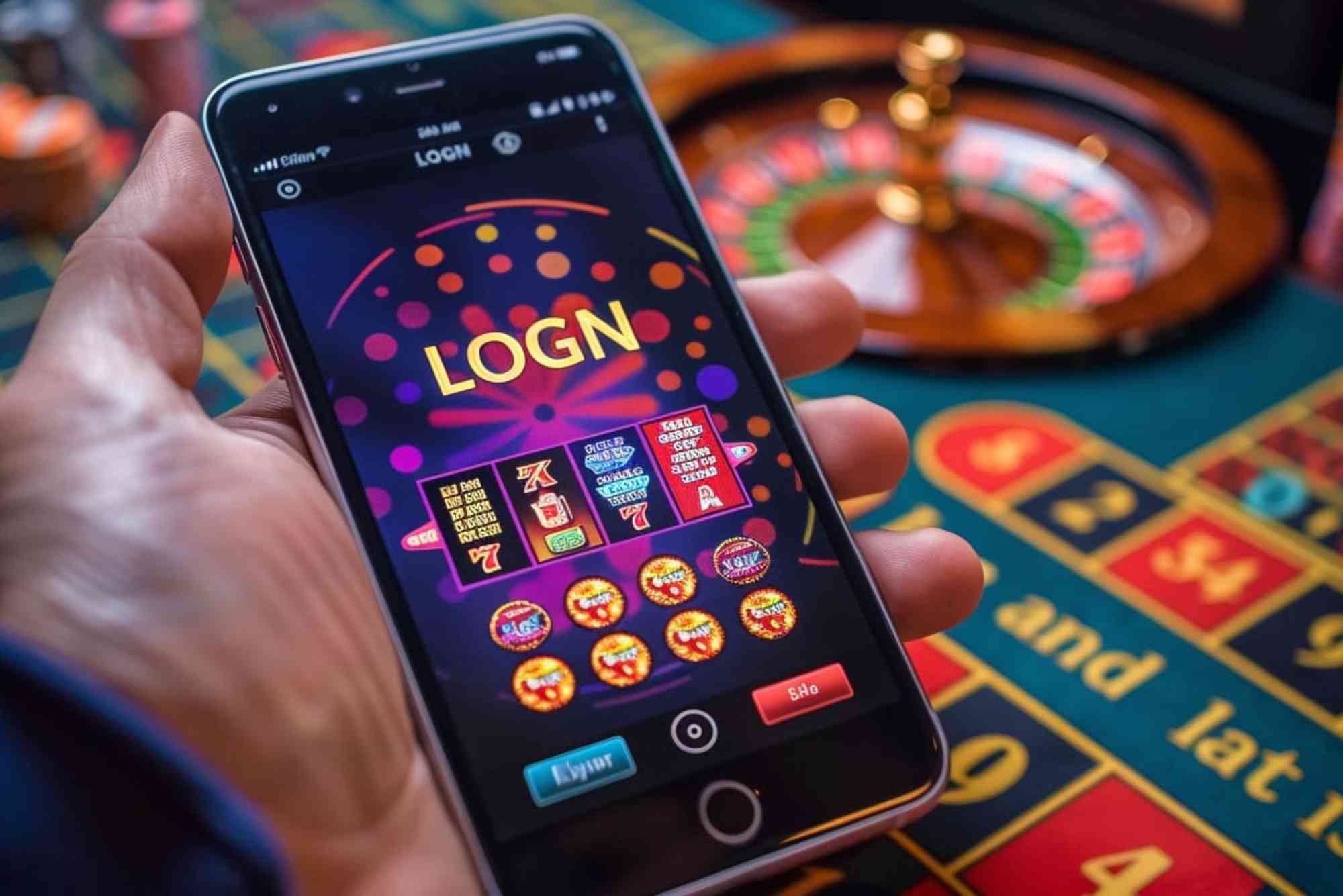In recent years, casinos have been experimenting with a new breed of offerings: skill-based games that blend the classic casino experience with arcade-style challenges. These titles promise that a player’s dexterity, timing, and strategy can influence outcomes—potentially shifting the odds in the player’s favour. As someone who has spent late nights at both video poker terminals and basketball shootout arcades, I’ve wondered: can skill-based casino games genuinely reduce the house edge, or are they just a marketing gimmick?
To unpack this, let’s first define what we mean by “house edge.” In traditional casino games—be it blackjack, roulette, or slots—the house edge represents the mathematical advantage the casino retains over the player across countless plays. It’s baked into the rules and pay tables, ensuring long-term profitability for the operator. Skill-based games, in theory, introduce an element where player performance can tilt that balance. But how significant is that tilt?
When exploring alternatives beyond mainstream brands, I’ve noticed that many casinos not on GamStop have embraced skill-based formats more readily, offering anything from virtual basketball and racing challenges to enhanced shooter-style games. These unregulated or less-regulated platforms often boast more generous payout structures, leveraging the skill element to attract competitive players seeking a deeper engagement than mere chance-based spins.
The Mechanics of Skill-Based Games
At their core, skill-based casino games merge traditional wagering with an interactive component. Consider a typical basketball shootout terminal. You wager a set amount, triggering a timed session where you aim to score as many baskets as possible. Your final score dictates your payout according to a predefined scale. Unlike slots, where a pre-programmed RNG dictates each spin’s result, these games factor in your real-world performance.
How Payout Structures Adapt
Game designers still maintain control over overall RTP (return-to-player). They might calibrate the difficulty of the skill challenge or adjust the payout scale so that even top performers only return a percentage similar to standard casino games. In my own trial sessions at a local casino offering a “Dunk Master” game, I tracked my success rate over 20 rounds. While my best scores paid at a 95% ROI, my average return hovered around 88%, close to the casino’s stated edge for such terminals.
The Impact on House Edge
The promise of skill-based games is that skilled players can reduce the house edge by outperforming the baseline difficulty level. However, several factors moderate this potential benefit:
Player Learning Curve
Unlike chance games, mastering a skill-based title requires practice. Casual players may perform worse than expected, driving down their RTP and effectively boosting the house edge. In my experience, after just ten practice rounds, I improved my accuracy by 15%, but I also adjusted my expectations—realizing that the game’s difficulty ramp made consistent high scores challenging.
Difficulty Tuning by Operators
Casinos can dynamically adjust machine difficulty or payout thresholds. High-traffic locations or VIP areas might feature slightly easier settings to reward loyal customers, while public terminals remain calibrated for higher difficulty. This ensures profitability while still offering the allure of skill-based advantage.
Volatility and Variance
Skill-based games often exhibit higher volatility. A single flawless session can yield above-average returns, but a cold streak of low scores can lead to steep losses. Players aiming to reduce the house edge must account for this variance in their bankroll management strategies.
Real-World Examples and Data
Arcade-Style Slots
Some online casinos have introduced “Monster Hunter Slot,” where success in mini-games influences bonus multipliers on the reels. Data published by the developer indicated that top-tier players achieved an RTP of 97%, compared to the base game’s 93%. However, average player RTP remained around 91%—highlighting that while skill can improve returns, the overall edge remains intact for most.
Virtual Racing
Another popular format pits players in short, timed races. Your completion time maps to payout levels. In one trial at a European casino, I noticed that the average RTP listed for top-speed runs was 96%, but only the top 5% of players consistently hit that benchmark. The house retains a comfortable margin, with the remaining 95% facing a roughly 8–10% edge.
Strategies for Reducing the Edge
Focused Practice
Screen time is essential. Dedicated practice sessions can help players understand timing mechanics, master crucial inputs, and internalize difficulty thresholds. When I logged a dozen practice races, my top-tier finish rate doubled, though maintaining that performance under betting pressure remained a challenge.
Bankroll Allocation
Given the volatility inherent in skill-based formats, diversifying play between skill-based and traditional games can stabilize returns. Allocate a portion of your bankroll to skill-based sessions, reserving the rest for low-variance games to manage swings.
Leveraging Promotions
Many casinos, especially those outside self-exclusion schemes, offer matched betting credits or free sessions on skill-based terminals. Taking advantage of these promotions can effectively reduce the house edge further, as you play with discounted or no-risk funds.
Considerations for Casinos Not on GamStop
Unregulated platforms often display more lenient terms around skill-based games. They may advertise higher top-tier payouts or more generous practice modes. While this can be enticing, players should exercise caution—balance the promise of reduced house edge against the risks of lesser consumer protection and opaque difficulty adjustments.
Conclusion
Skill-based casino games represent an intriguing evolution—melding chance with player agency. For dedicated, skilled players, it is possible to shift the odds marginally in your favor, reducing the effective house edge compared to pure chance games. However, the learning curve, operator tuning, and inherent variance mean that most players will still face a significant edge in the long run. As with any casino game, prudent bankroll management and realistic expectations are key.
Whether you’re testing your aim on a basketball terminal or racing virtual cars, remember that skill can influence outcomes but doesn’t eliminate the house’s advantage. For more options beyond mainstream sites, exploring casinos not on GamStop can reveal a wider variety of skill-based experiences—but always play responsibly and stay informed about the mechanics at work.



